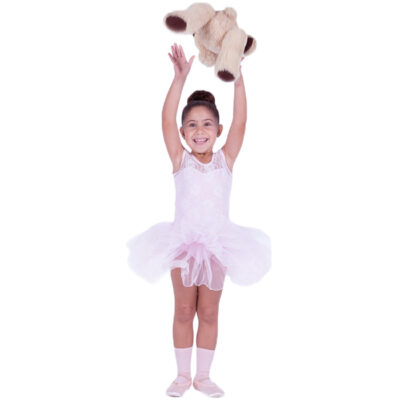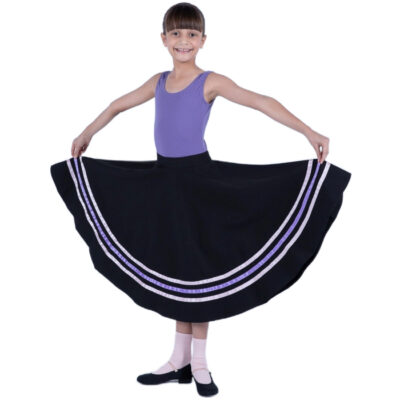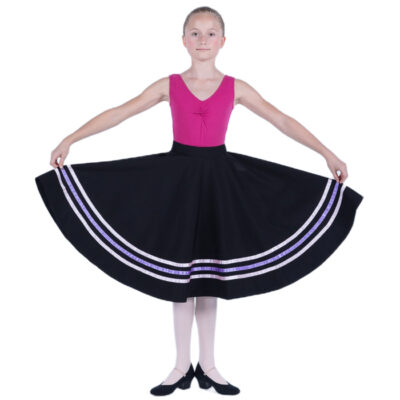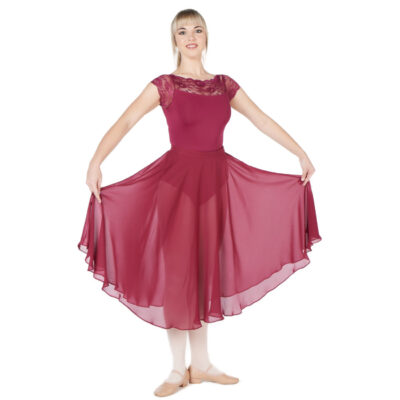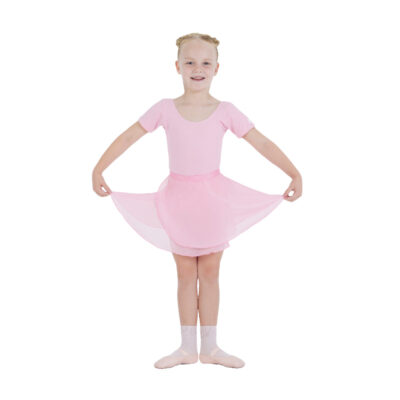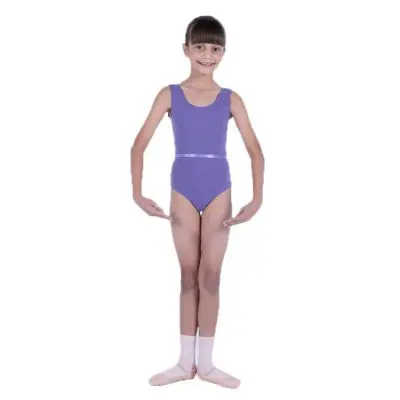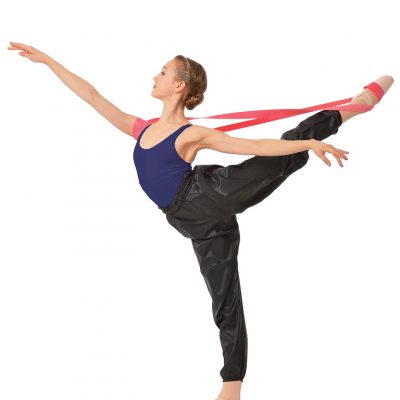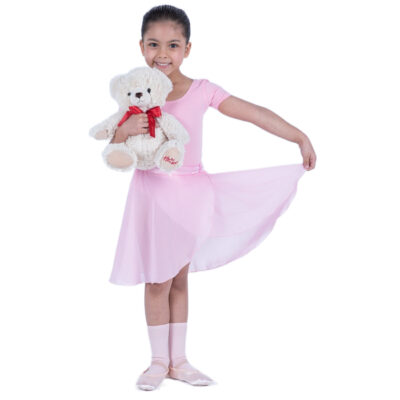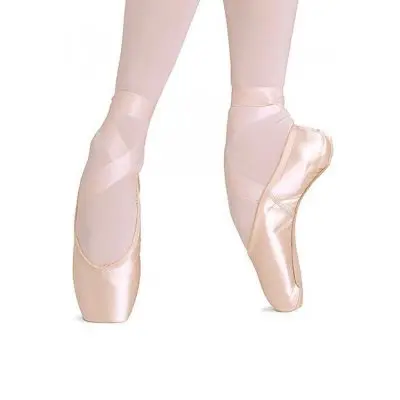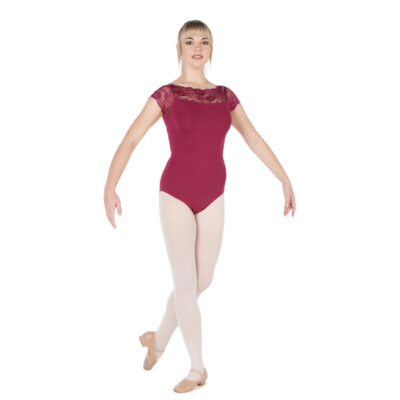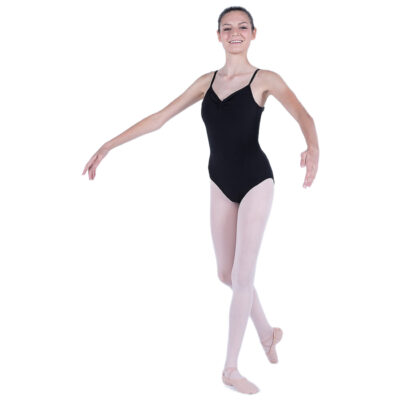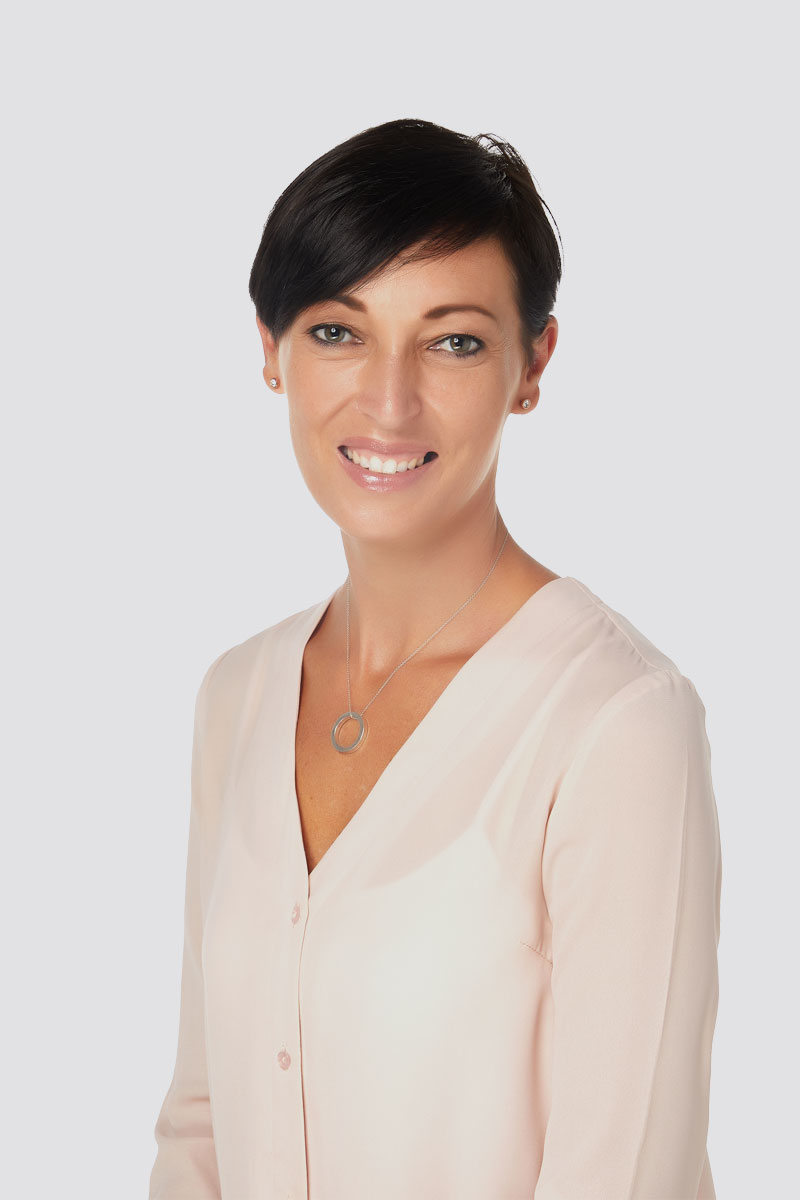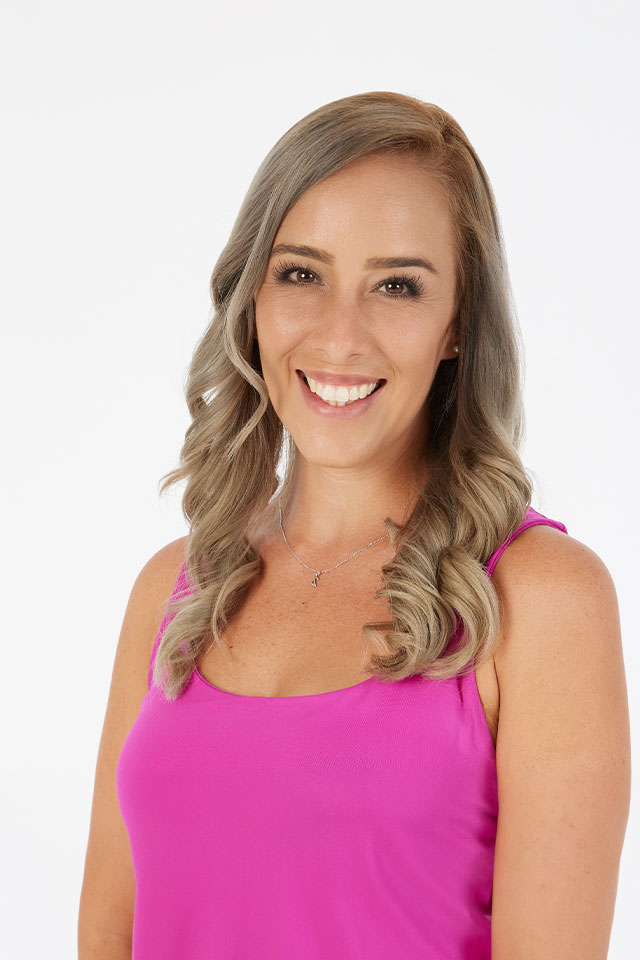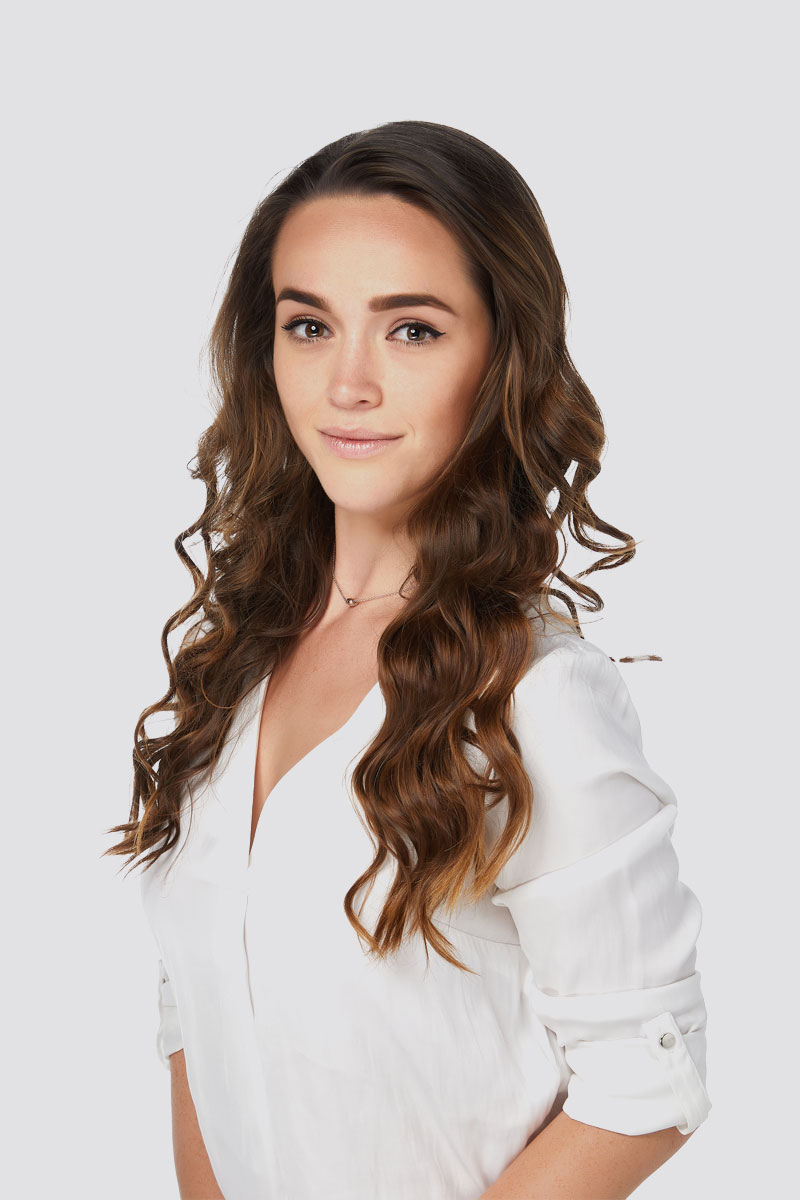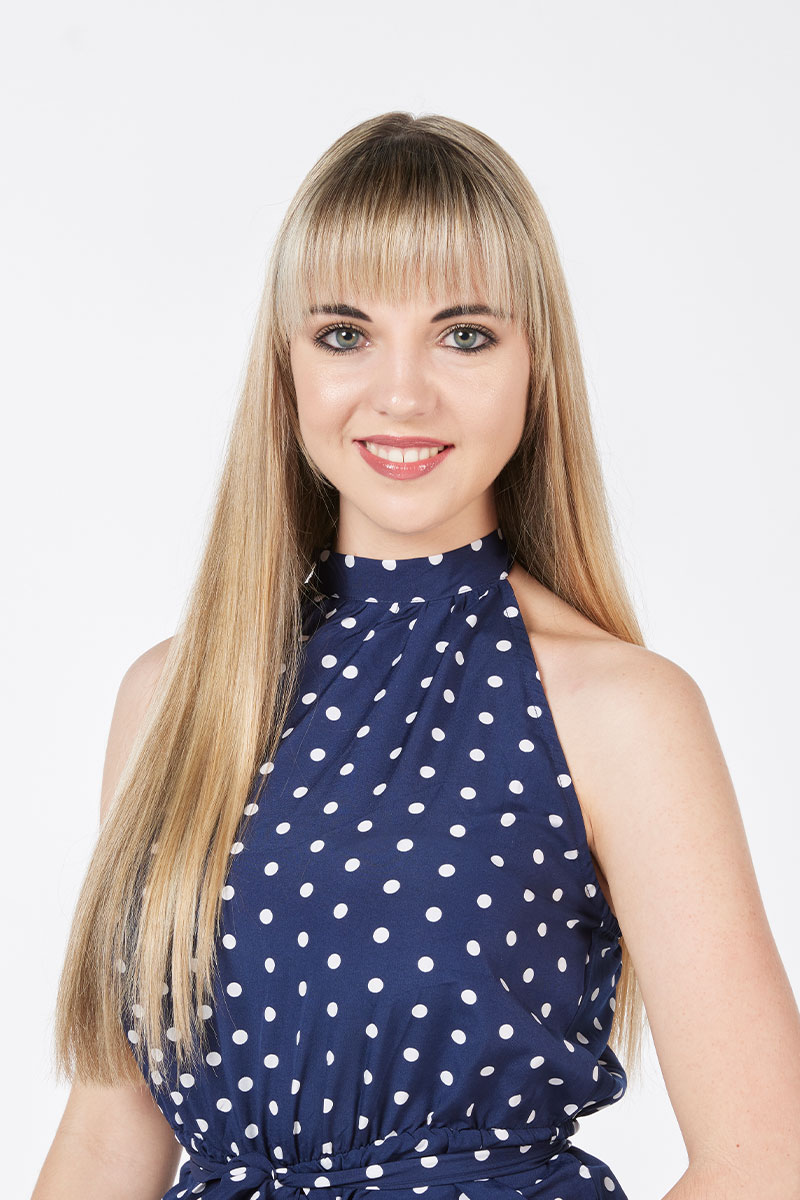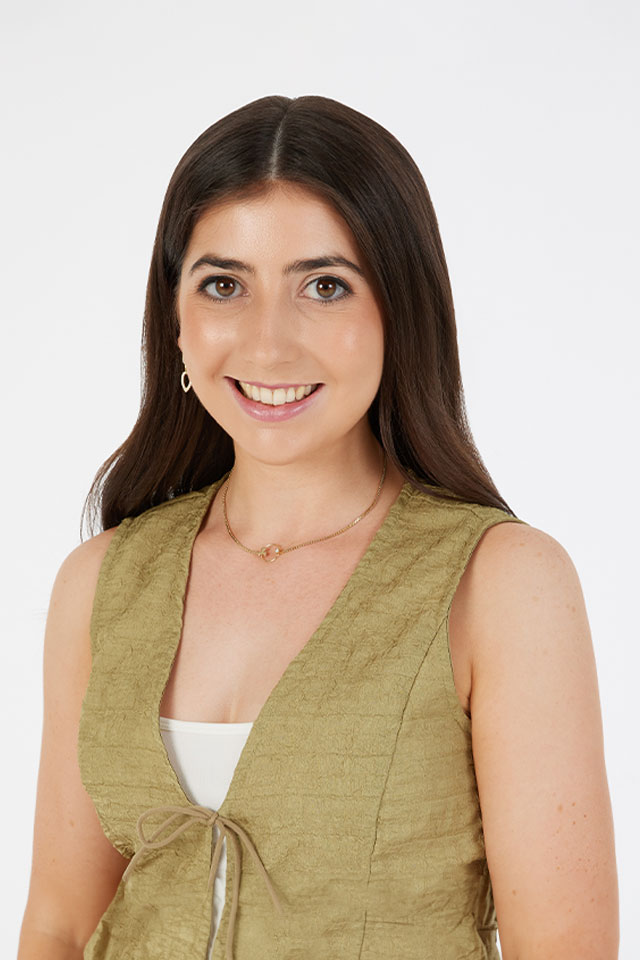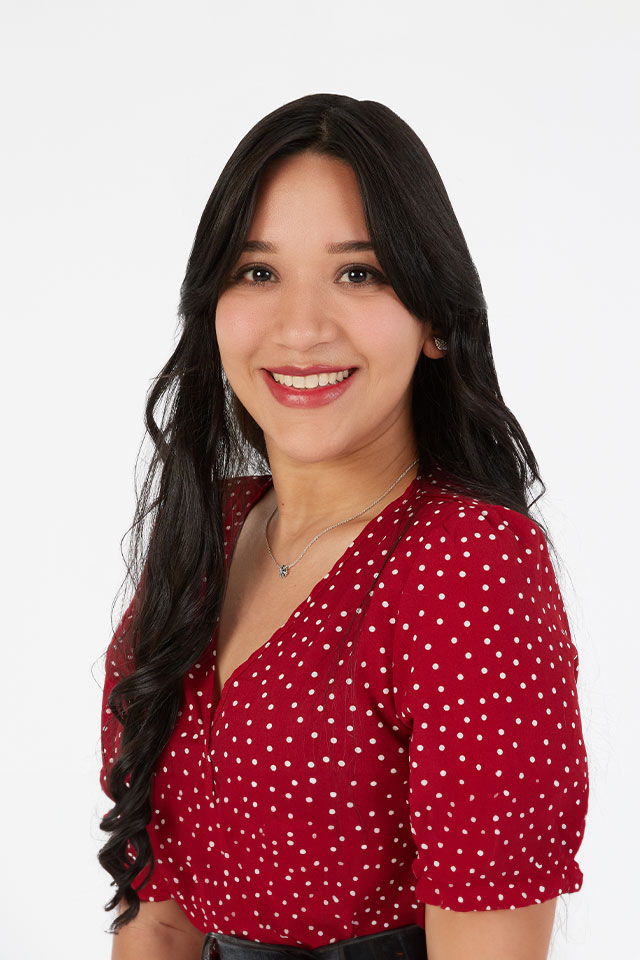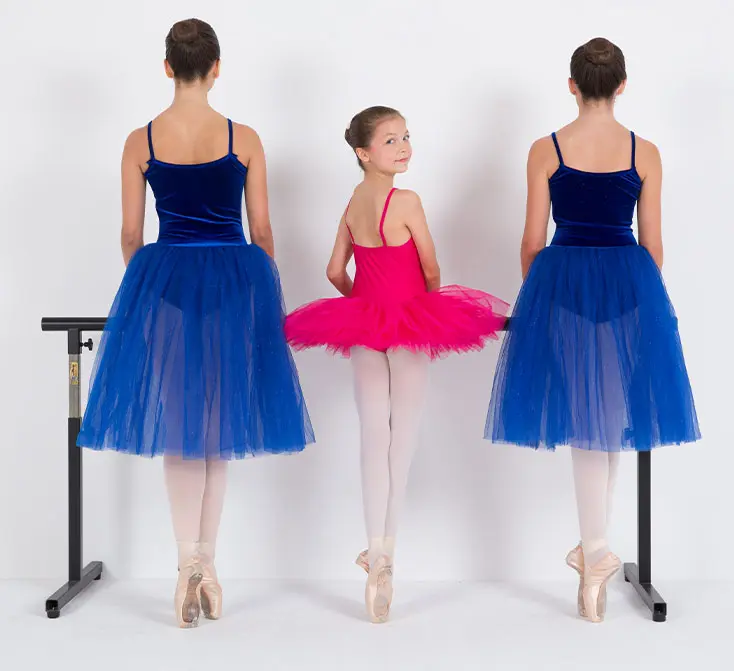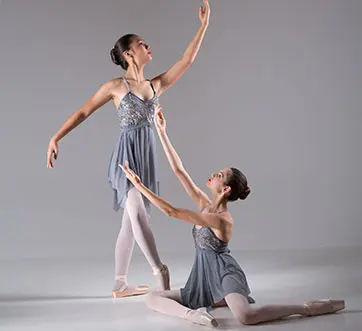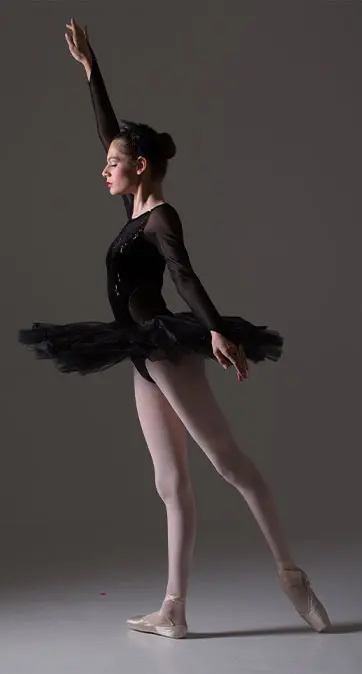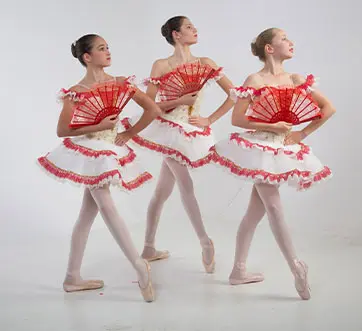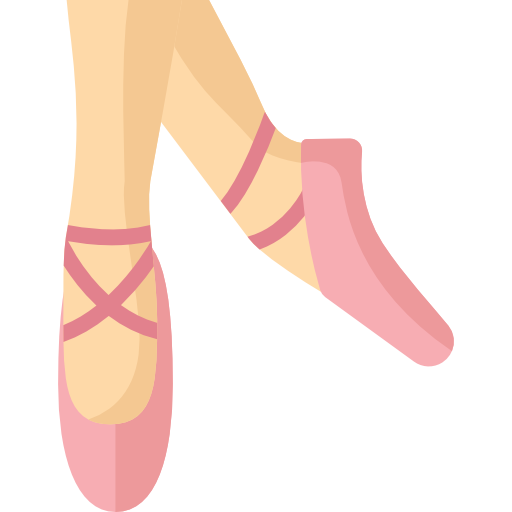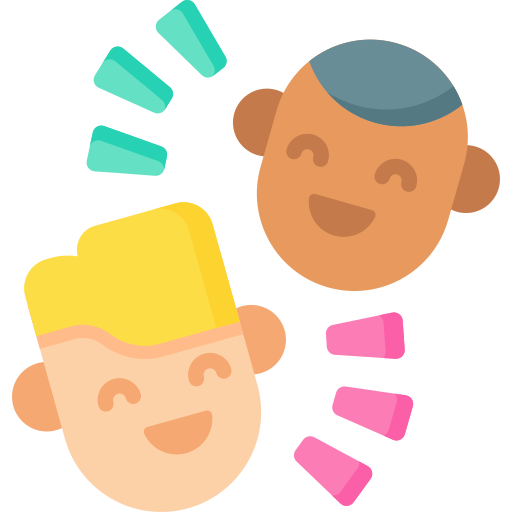Dance Description
- 0
- September 9, 2024
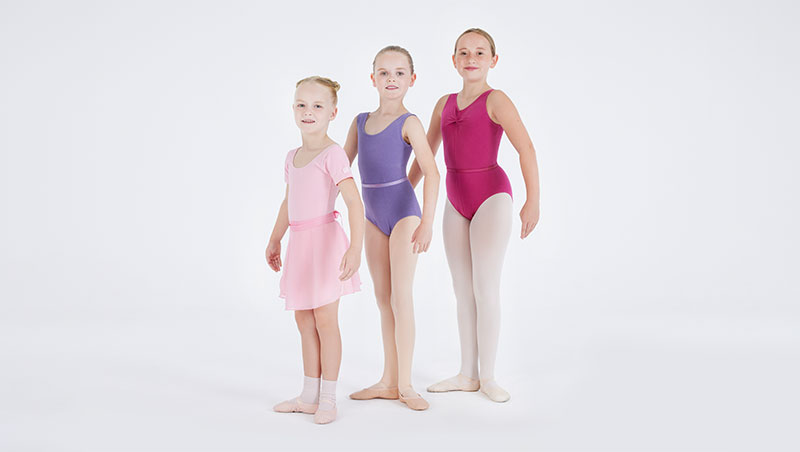
Ballet Dance Classes in Dubai and Abu Dhabi
Our Ballet Classes in Dubai and Abu Dhabi follow the syllabus of the Royal Academy of Dance (RAD). Our little ones start as early as 3yrs old right up to 19yrs old.
We start our little ballerinas off by developing a love of dance through lots of mime, imagery and especially composed music, provided by the RAD pre-school syllabus.
The RAD exams are offered to students from 5yrs upwards starting with Pre-Primary Ballet through to the professional Vocational Exams of Intermediate and Advanced. These examinations are held annually and typically happen during the Spring Break.
For the serious and talented dancers, Turning Pointe runs a program of Vocational Classes, gearing students towards their professional examinations. Turning Pointe staff are experienced in successfully coaching students through vigorous international auditions, assisting with applications to Vocational Full Time schools and colleges in the UK, Australia and US.
| Pre-Primary in Dance | 5 |
| Primary in Dance | 6 |
| Grades 1-5 | 7 |
| Grades 6 – 8 & Repertoire | 11 |
| Repertoire | 12 |
| Intermediate Foundation | 11 |
| Intermediate – Adv 2 | 12 |
FAQ's
Examinations are a long-standing tradition within the dance education system. They offer students the opportunity to be rewarded for their hard work, dedication and progress whilst providing a measurable goal to work towards.
Dance is one of the most difficult art forms to master and as such, cannot be judged in the same way as spelling or mathematics as there are infinite variations of the right answer. The fundamental movements and movement qualities of ballet and dance however remain the same across the world and across all dance examining bodies.
Following a syllabus and preparing for examinations enables students to transition into new classes easily, no matter where in the world they may be.
At Turning Pointe, we follow the Royal Academy of Dance (RAD) Ballet syllabus, which is internationally recognized and an acclaimed institution for dance training and has been established for many years.
Below shows the minimum age required to take an examination for each level.
| Pre-Primary in Dance | 5 |
| Primary in Dance | 6 |
| Grades 1-5 | 7 |
| Grades 6 – 8 & Repertoire | 11 |
| Repertoire | 12 |
| Intermediate Foundation | 11 |
| Intermediate – Adv 2 | 12 |
The RAD offers two types of examination in order to facilitate the needs of all students. This begins with the Class Award in which students perform their examination work with a teacher present to support and guide them if necessary. This option is not marked quantitatively but qualitatively and is an excellent alternative to the full examination should a student not be quite ready at the required time. In the regular examination, students enter the studio in groups of 4 without a teacher and must perform all of their work without any guidance. This is then marked out of 100 and the results are given both as a percentage and also as an attainment band- Pass (Bronze), Merit (Silver) and Distinction (Gold). Students that enter for either type of examination receive a certificate, mark/ descriptor breakdown and a medal. Students that are successful in their examinations at Grade 6 level or above also receive UCAS points which can be used to aid university applications.
Turning Pointe teachers will determine which examination students will enter depending on their standard at the time.
The examinations are not compulsory and students that do not participate will still progress to the next level however, the exams provide an excellent opportunity for students to be rewarded for their hard work and dedication throughout the year.
There is an Entrance Fee for the Examination/Class Award this covers, all rehearsal classes, the RAD entrance fee applicable to the grade, plus all administration costs.
If students are eligible, not only will they have to attend their regular classes but in Term 2 they will have to attend supplementary examination rehearsals in the examination studio. The reason for this is, students will need to get used to the spacing in the room along with rehearsing with other students in their exam group, some of whom they may not attend regular classes with.
It is very important that the students attend ALL the Rehearsal classes in order to reach the high standard the Academy requires.
Pre-Primary in Dance
Primary in Dance
Grade 1
Grade 2
Grade 3
Grade 4
Grade 5
Repertoire 6
Grade 6
Repertoire 7
Grade 7
Repertoire 8
Grade 8
Senior Repertoire
How UCAS points are allocated for RAD exams.
Graded and vocational graded examinations in dance at RQF Level 3 are allocated points on the UCAS tariff. This means that candidates who have achieved a pass or higher in Grades 6, 7, 8, Intermediate or Advanced Foundation, can use their RAD exam result towards their points tariff when applying to a relevant course at a university or higher education in the UK.
The points tariff for each exam level and attainment band is shown in the table below.
| Examination | Pass | Merit | Distinction |
| Grade 6 | 8 | 10 | 12 |
| Grade 7 | 12 | 14 | 16 |
| Grade 8 | 16 | 18 | 20 |
| Intermediate | 8 | 14 | 20 |
| Advanced Foundation | 16 | 20 | 24 |
WHATS THE DIFFERENCE BETWEEN VOCATIONAL TRAINING/EXAMS AND THE GRADE EXAMS?
The Vocational Syllabus is meant for students who show potential and talent to take their classical ballet onto a professional level at a later stage. These classes are by invitation only.
HOW DO YOU REGISTER FOR THE VOCATIONAL TRAINING/CLASSES?
Students are selected by their dance teacher as this is an Invitation Only course. Only a teachers’ trained eye will be able to spot those who show the potential to benefit from Vocational Training.
WHAT ARE THE DIFFERENT LEVELS OF VOCATIONAL EXAMS?
At Turning Pointe we train the students in the following levels;
Intermediate Foundation
Intermediate
Advanced Foundation
Advanced 1
Advanced 2
ARE THERE AGE LIMITS TO THE VOCATIONAL SYLLABUS/EXAMS?
There are minimum age requirements but no upper age limits. The minimum age for Intermediate Foundation is 11yrs and Intermediate 13yrs.
HOW LONG DOES IT TAKE TO COVER THE COURSE WORK FOR EACH LEVEL?
This will vary from student to student however the course work is designed for each level to be taught over a 2 year period. A student is only entered for an exam once the teacher knows she is ready and able to pass. Only an experienced RAD teacher will know the criteria required for a student to pass an exam hence whether or not they are ‘exam ready’.
DO STUDENTS EVER FAIL A VOCATIONAL EXAM?
As these exams are classed as ‘Professional’ exams, it is necessary for them to maintain their integrity and therefore their marking criteria are very strict and students who are not up to standard will fail.
DO WE STILL NEED TO STUDY THE GRADE SYLLABUS ALONGSIDE THE VOCATIONAL SYLLABUS?
At Turning Pointe we continue the Graded Syllabus training alongside the Vocational training, alternating the exams year on year. For example:
Yr.1 Intermediate Foundation
Yr.2 Grade 6
Yr.3 Intermediate
Yr.4 Grade 7 or 8 etc
WHAT ARE THE ADVANTAGES OF DOING VOCATIONAL TRAINING?
Any student who is serious about their dancing or may wish to pursue a career in dance has to have studied and passed their Vocational ballet exams up-to a minimum level of Advanced
WHAT TO WEAR
MEET THE TEACHERS
Lorna Martin Fox
Patricia Sanchez
Abigail Rideout
Linke Snijmann
Emily Egan
Jhuliett Chalo
Ballet Showreel
Curious about the history of ballet?
The etymology of the word ‘Ballet’ is derived from the Italian word ‘Ballare’ which means ‘to dance.’ The dance form was first introduced during the Italian Renaissance period as a form of entertainment in the royal courts. It combined elements of poetry, music and dance, which came together to narrate a story. The art form later gained popularity across Europe and gained widespread patronage from Western rulers who helped develop Ballet into a performance-focused art. Royal influence and the emergence of Ballet dance troupes across Europe helped popularize the dance form beyond Europe and the dance form began to gain recognition across continents. As a region that appreciates high-quality classical art, the Middle East has also been receptive to Ballet and Turning Pointe has played a crucial role in laying the foundation for young enthusiasts looking for Ballet lessons in Dubai.
Benefits of ballet
While Ballet may look like a delicate dance form that Ballerinas execute effortlessly, there is an immense emphasis on balance, poise and coordination. Here are a few ways in which Ballet helps your child developmental, physical and social skills:
Physical benefits
Due to a constant focus on posture, strength and muscle control, Ballet helps young Ballerinas develop strong, sturdy muscles that move with intent and coordination.
Mental benefits
Ballet involves mental coordination and helps sharpen the mind and improve concentration. It also helps your child overcome feelings of anxiety and releases hormones that combat stress.
Social benefits
Ballet also does wonder for your child’s confidence and helps them develop social skills in the company of other young, budding Ballerinas.
Ballet Dancewear
Looking for a one-stop-shop for all things Ballet in Dubai? Visit https://www.turningpointe.ae/shop-dance/ for Ballet shoes, tights, uniforms and accessories. Our extensive collection has everything you will need to help your child transform into a budding Ballerina. Our inventory involves high-quality Ballet-related products from leading brands including Grishko, Capezio and Bloch. Whether your child is a seasoned Ballet dancer or is just starting out on their wonderful journey with Ballet, we have something for every Ballerina out there.
Ballet dance for Kids in Dubai & Abu Dhabi
If you are looking for Ballet dance lessons for kids in Dubai and Abu Dhabi, then Turning Pointe is the right place! With over 2 decades of experience in shaping young aspirants into confident and competent Ballerinas, Turning Pointe is a leading dance school in Dubai, committed to bringing out the best in young students. The Turning Pointe staff is extremely proficient and committed to the mission of teaching Ballet and RAD Ballet with a focus on technique and instilling love for the dance form in the hearts of students.




